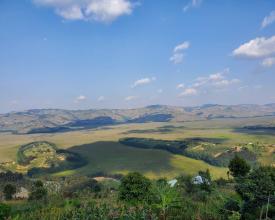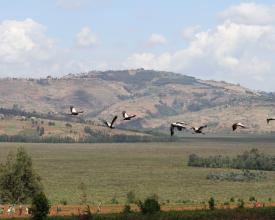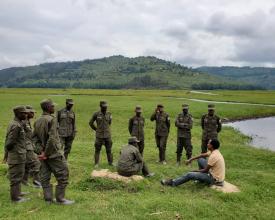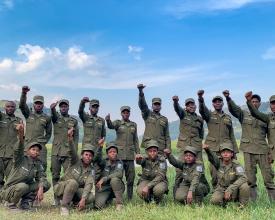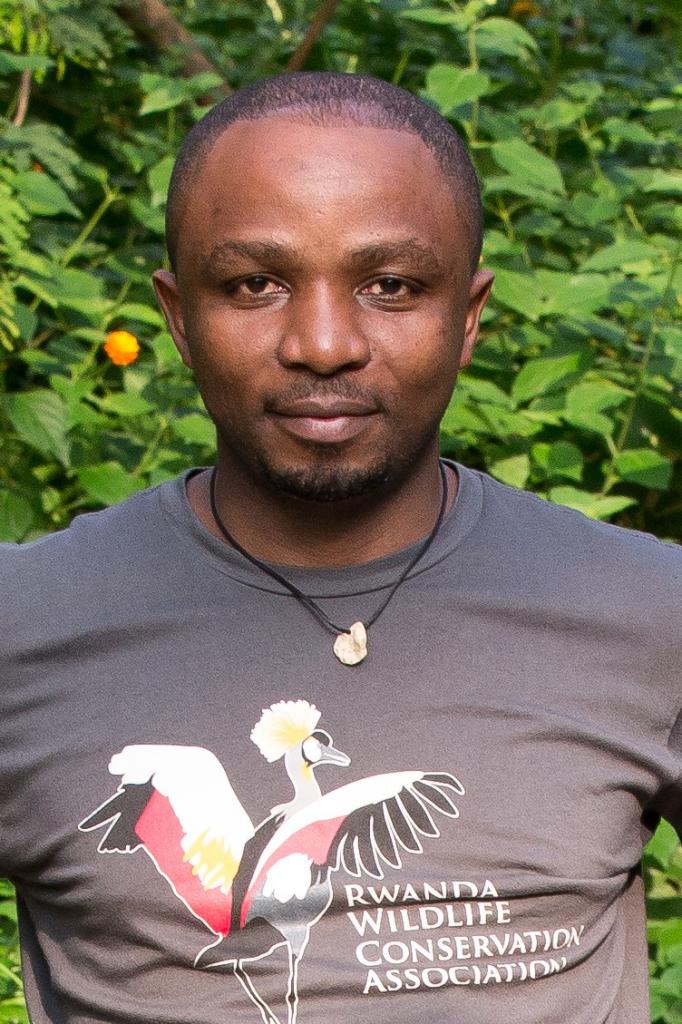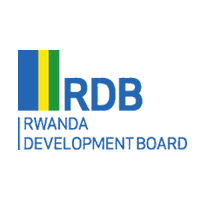
Establishing a team of Community Rangers to improve the management and protection of Rugezi Marsh, Rwanda.
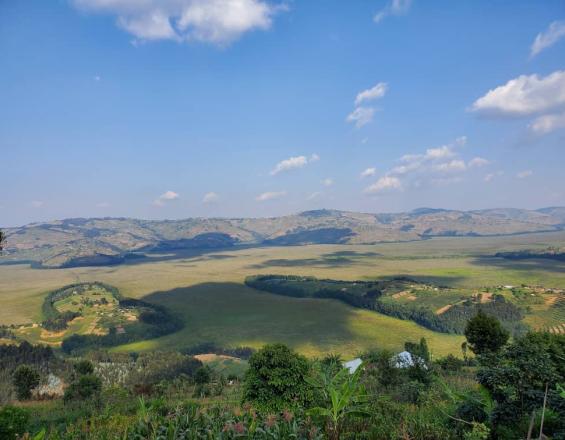
Rugezi Marsh once hosted the largest population of endangered Grey Crowned Cranes in Rwanda, but numbers had rapidly declined due to illegal poaching and habitat disturbance. In 2014, RWCA implemented an innovative approach at the Ramsar protected marsh, targeting the problem from all angles to ensure a sustainable impact. Establishing a team of Rangers recruited from the communities living next to the marsh helped to involve communities in protecting their wetland, learn about ecosystem services from which they can benefit, create ownership and provide job opportunities. The team has increased to 54 members, including 22 women, covering all 8 Sectors around the marsh. The Rangers conduct daily patrols to educate fellow community members, raise awareness, report illegal activities, and monitor and protect crane populations and breeding sites. They work in close collaboration with local leaders (for law enforcement) and organise joint patrol exercises with local stakeholders to raise awareness of the work and the challenges.
Context
Challenges addressed
The main issues that the solution has addressed are cross-cutting across environmental, social and economic domains. It is important to understand the interlinking nature of the challenges in order to create a successful and sustainable solution. It has addressed the issue of poaching of Grey Crowned Cranes to supply the demand for cranes as pets. It has addressed the problem of law enforcement by supporting local leaders and local authorities to improve the management and protection of the marsh. It has addressed habitat disturbance and destruction which are often caused by nearby communities using the marsh for its natural resources and for livelihoods. The solution has addressed the lack of environmental awareness among communities about the importance or cranes, and the ecosystem services provided by the marsh. It has also addressed community unemployment and livelihoods, which then increase the ownership and connectedness local communities feel towards the marsh and its wildlife.
Location
Process
Summary of the process
All the building blocks are interconnected and if one is missing, the work would not have a sustainable impact. Community involvement is key to improving the protection and management of Rugezi Marsh because the threats to biodiversity are interlinked with anthropogenic activities. Community involvement first starts with education and awareness raising, then works best if we deeply understand the challenges faced by the community and the subsequent threats to the marsh. This has led to job creation for local communities, the co-creation of nature-based solutions which both support families and simultaneously reduce the harvesting of natural resources from the marsh. Community involvement means collaboration with local authorities and other stakeholders to ensure there is good teamwork and a common understanding which also leads to longer term sustainable ways of working. Lastly, it makes sense to involve the local community in habitat restoration and the monitoring and protection of key species to inform our work as well as provide expert local knowledge. The data collected provides an indication of whether our interventions are working, as well as helping us to tailor future interventions.
Impacts
- The number of endangered Grey Crowned Cranes sighted at Rugezi Marsh during our national crane census has risen from 71 individuals sighted in 2017 to 221 in 2022.
- The breeding success of Grey Crowned Cranes at Rugezi Marsh has increased, with the percentage of chicks surviving to be fledged increasing from 71% in 2021 to 88% in 2022.
- 54 Community Rangers (including 22 women) are employed by RWCA with contracts, employee benefits, family health insurance, and the provision of bicycles, solar chargers and smart phones.
- The rangers have conducted over 7,000 patrols of Rugezi Marsh since the team was established in 2017 (starting off with just 18 members), with 1,887 patrols conducted in 2022.
- In 2022, the team of Rangers reported 2,605 illegal activities such as cutting grass from the marsh, grazing livestock in the marsh or cutting down trees in the buffer zone. Community members are educated about these activities, and 52% were reported to local leaders for follow up and law enforcement.
- The Community Rangers collaborated on 12 joint patrol exercises with local stakeholders, and participated in 11 workshops reaching 960 local leaders building a joint approach to the management and protection of the marsh.
- As well as everyday awareness raising during their patrols, the Community Rangers organised 61 events during 2022, educating 9,223 community members about the importance of protecting the marsh.
Beneficiaries
The main beneficiaries are the community members employed as Rangers and their families. However, the larger community around Rugezi Marsh benefit indirectly from the ecosystem services provided by the marsh and from education and awareness raising activities.
Sustainable Development Goals
Story
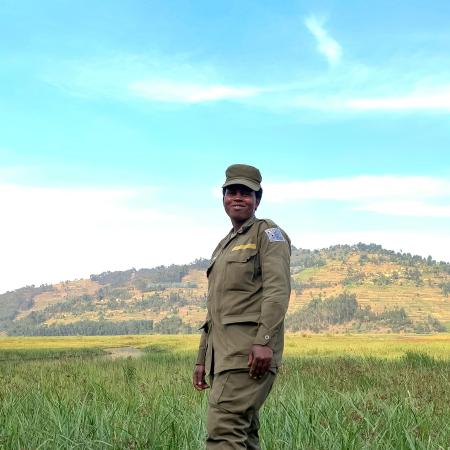
Becoming a Community Ranger at Rugezi Marsh transformed Laurence’s life. She had been struggling to find a steady job to support her family before she joined the RWCA’s team of Rangers in 2020. She lives nearby Rugezi Marsh and ventures out on patrol 6 days a week to protect the marsh and its biodiversity. Laurence’s dedication and hard work have now led her to be promoted to Vice Coordinator, leading a team of Rangers in her area. Laurence’s job as a Ranger provides financial stability and her improved living standard is evident in the way she provides for her family. With her earnings, Laurence and her husband are not only able to support their children’s education and provide clothes and healthy meals, but they have also been able to build their own house, invest in some livestock, and buy shares in the boat cooperative at the marsh. Laurence feels that her children now enjoy a better life and told us ‘I am proud that I am able to pay for my two children’s education’. Laurence's job is empowering and has increased her confidence allowing her to address people fearlessly, and effectively convey essential messages. She was inspired to stand for a leadership position in local government and she is now a member of her Sector Advisory Committee. But Laurence's journey does not end here. She is preparing to take her driving license exam so that she can drive a motorbike to meet other Rangers and better coordinate the work around the marsh. She also dreams of providing her children with the best education at high-quality schools in the future.

